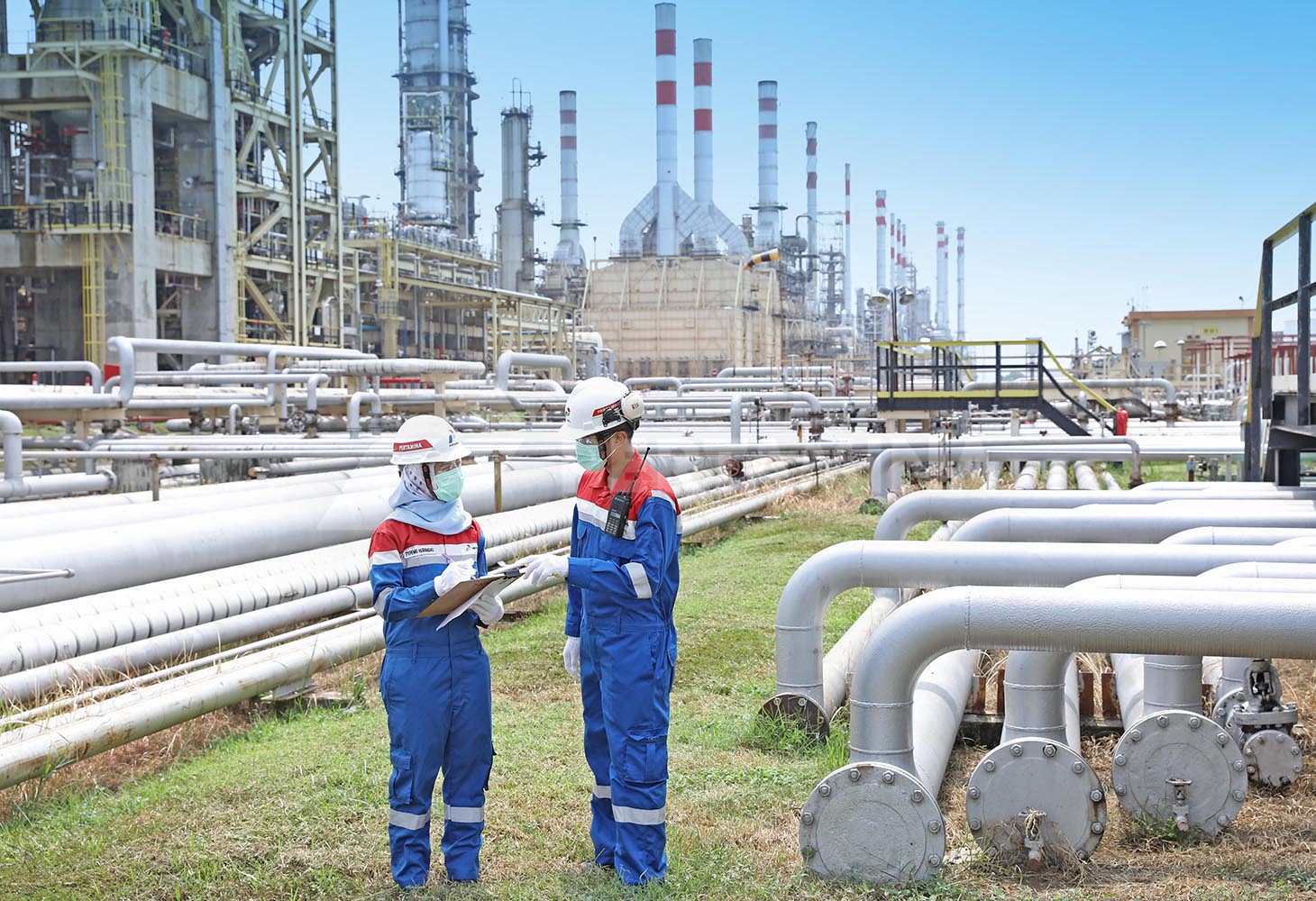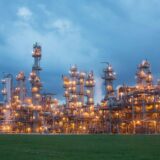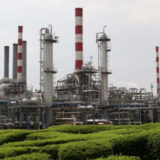
PT Pertamina subsidiary plans to produce more environmentally friendly products
PT Kilang Pertamina Internasional (KPI) is committed to developing its existing operating refineries to produce more environmentally friendly products. Green Refinery, one of the initiatives for environmentally-friendly oil refining (green fuel), marks a significant milestone and tangible proof of Pertamina Refinery’s support in achieving the net zero emission (NZE) target by 2060.
PT Kilang Pertamina Internasional is a subsidiary of Indonesia’s state-owned oil and gas company PT Pertamina (Persero) that conducts its main business in oil refining and petrochemicals according to the ESG (Environmental, Social & Governance) principles.
The Green Refinery development as a strategic initiative aims to achieve the national renewable energy (NRE) Mix target by 2025, which aims to produce more environmentally friendly fuels using renewable feedstocks. The feedstocks processed at Pertamina Refinery include refined bleached deodorized palm oil (RBDPO). In the future, there are plans to develop used cooking oil (UCO) processing into biofuels.
The efforts to develop Green Refinery at Pertamina Refinery, similar to the initiatives taken at the Cilacap refinery, have successfully produced green fuel with a capacity of 3,000 barrels per day (KBPD) from RBDPO feedstock, which is refined palm oil, resulting in 100% green diesel called Pertamina Renewable Diesel (Pertamina RD). Pertamina RD is currently available in the domestic market and has the opportunity to support the renewable power requirements of generator sets (gensets) for the Energy Transitions Working Group (ETWG) G20 event and the Formula E World Championship. In addition to the domestic market, Pertamina RD was also exported to Europe in 2022.
Another green fuel product that could be produced at the Green Refinery is sustainable aviation fuel (SAF) called Bioavtur, which has undergone successful test flights in 2022 using CN235 aircraft. The next step will be a commercial flight test.
The second phase of the Green Refinery Cilacap aims to increase processing capacity to 6 KBPD and expand the range of feedstocks to include used cooking oil. Green Refinery Cilacap Phase 2 is targeted to be onstream by 2026. In addition to Cilacap, the Green Refinery Plaju development with a processing capacity of 20 KBPD will produce Pertamina RD, Bioavtu, and BioNaphtha. This project is targeted to be completed in 2027.
Pertamina’s Green Refinery demonstrates Pertamina Refinery’s commitment to achieving Sustainable Development Goals (SDGs), particularly Goal 7, “Clean and Affordable Energy,” and aligns with Pertamina Refinery’s commitment to maintaining national energy resilience and supporting Net Zero Emission (NZE) by 2060, said Taufik Aditiyawarman, president director of PT KPI.
“Green Refinery Pertamina is Pertamina Refinery’s commitment to producing quality and environmentally friendly fuels,” he said.
The roadmap for Pertamina Refinery’s development currently follows the National Energy General Plan (RUEN), where the demand for petroleum products is expected to continue increasing until 2040.
Based on the RUEN, the development roadmap for Pertamina Refinery is structured as follows:
(1) Processing capacity from 1.05 million barrels per day (BPD) to 1.4 million BPD
(2) Petroleum product production from 700 thousand BPD to 1.2 million BPD,
(3) Petrochemical production from 1.6 million tons per annum to 7.4 million tons per annum.
This roadmap also supports the demand for petroleum products, specifically diesel (Solar) and aviation turbine fuel (Avtur) production, which have been produced domestically since 2019 and reduces Indonesia’s gasoline imports from 60% to approximately 25%.
With this renewable roadmap, Pertamina’s refinery development considers environmentally oriented strategies and environmentally-friendly petroleum products production equivalent to EURO V, as well as increasing the Nelson Complexity Index (NCI) to enhance the production of valuable products.










